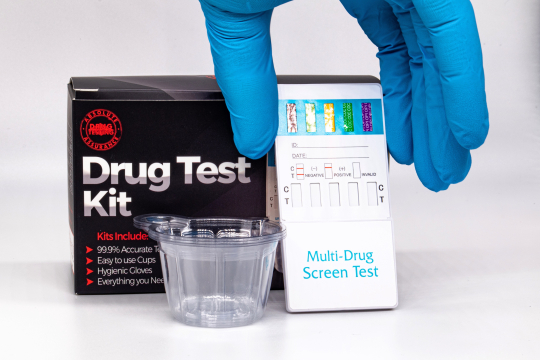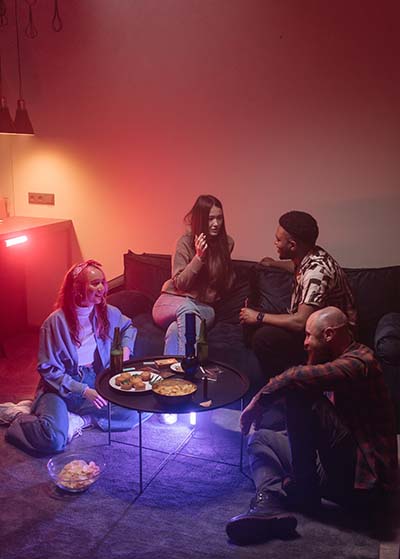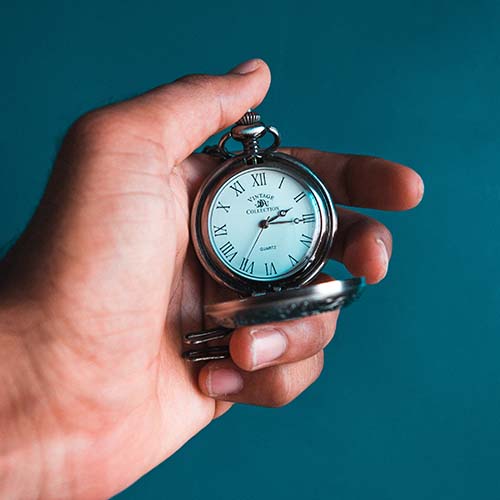
What Does The 12 Panel Drug Test Cover?

If you need to take a drug test, it’s important to know what drugs are included in the screening.
What does the 12 panel drug test cover?
What should you do if you think you might fail the test? Keep reading to learn more about the 12 panel drug test.
Table of Contents:
What does the 12 panel drug test cover?
“12 panel” refers to the categories of drugs included within the test; each panel represents a drug category. Categories of drugs detected in a 12 panel drug test may include:

- Marijuana and Alcohol
- Opiates like heroin, codeine, morphine, hydrocodone, fentanyl, or opium
- Synthetic Opioids such as Propoxyphene, Methadone, and Oxycodone are often detected by individualized panels
- Benzodiazepines like Ativan, Librium, Valium, Klonopin, and Xanax
- Hallucinogens such as phencyclidine (PCP), ketamine, and sometimes psilocybin
- Amphetamines like Adderall, Vyvanse, Dexedrine, and Ritalin
- Methamphetamine (Meth) – note Ecstasy may also be detected
- Cocaine
- Barbiturates like amobarbital, pentobarbital, phenobarbital, secobarbital, and tuinal
- Tricyclic Antidepressants like clomipramine, amoxapine, amitriptyline, desipramine, and nortriptyline may also be detected
The most common and least expensive drug testing method is a urine test. However, hair, blood, and saliva samples may also be tested.
How long do drugs stay in your system?
How long a drug stays in your system can vary based on a number of factors, including
- The type of drug being consumed, frequency of use, and how long it’s been since the drug was last taken
- The presence of other drugs or alcohol
- Overall health, including weight, age, and other factors
- Medical conditions that may impact the body’s ability to filter toxins
The average length of time a drug can be detected after it was last consumed is known as a detection window. The detection window of drugs varies not only drug-to-drug, but also differs between testing methods as well.

In general, hair tests have the longest detection window, while blood tests tend to have the shortest.
Some examples of drug detection windows include:
Marijuana
- Urine test – up to 30 days
- Hair test – up to 90 days
- Blood test – up to 4 hours
- Saliva test – up to 72 hours
Oxycodone
- Urine test – up to 4 days
- Hair test – up to 90 days
- Blood test – up to 24 hours
- Saliva test – up to 4 day
Cocaine
- Urine test – up to 3 days
- Hair test – up to 90 days
- Blood test – up to 24 hours
- Saliva test – up to 2 days
Barbiturates
- Urine test – up to 6 weeks
- Hair test – up to 90 days
- Blood test – up to 72 hours
- Saliva test – up to 3 days
What can I do to pass my 12-panel test?
If you are scheduled for a 12-panel test and are actively taking prescriptions that may come up positive, you should contact the test administrator. Explain that you have a legitimate prescription that may be detected by the blood test and ask how you should proceed. There should be a procedure for submitting documentation from your doctor confirming you have a valid prescription.
If you have taken non-prescription drugs within the detection window of the test, you should beware of DIY methods claiming to help you pass the test. While some may be effective, they can also be dangerous and cause serious side effects. There is also no guarantee that they will work. Drug testing laboratories are well aware of the latest practices in “beating” a urine drug test and have various measures in place to detect whether or not someone has attempted to utilize evasion methods.
If drug use is interfering in your life and you need help to stop using them regularly, you should reach out to loved ones for support in finding addiction healthcare services.
Get Help With Your Addiction At Home With Elite Home Detox
If you are struggling with drug cravings and want to avoid traditional treatment options offered by clinics, Elite Home Detox is here for you. You can make an appointment for one of our experts to come to your home and evaluate your goals and overall health. Our addiction-focused practice can work with you to develop a personalized detox and aftercare plan to help you achieve sobriety.
Our services include:
- Intervention coordination
- In-home detox and medication-assisted treatment
- Sober companionship and dedicated care coordination
- Case management and psychiatric evaluation
If you want personalized help with your addiction from medical professionals who understand, reach out to Elite Home Detox today!


